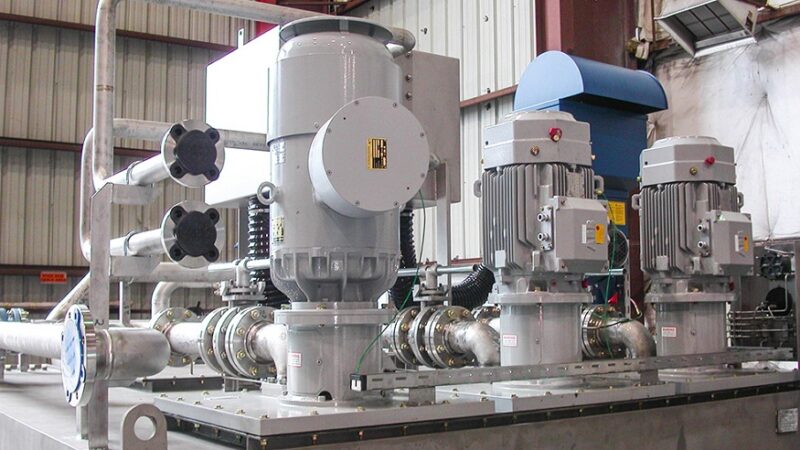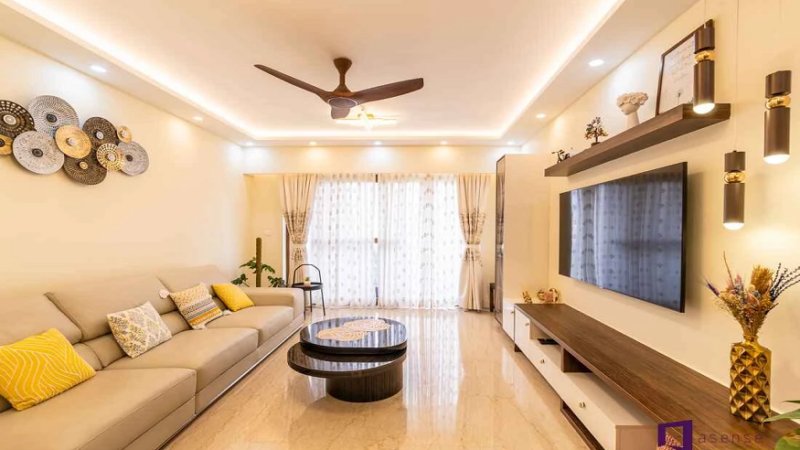If you live somewhere a humid climate, even seasonally, ask yourself: what are you doing to protect yourself and your home?
Although humidity might be the last thing on your mind in terms of your health or home, there are a number of concerns and complications that arise when the humidity goes totally unchecked. What sort of problems are we talking about?
- High humidity can spur and accelerate the growth of mold, especially in areas where it often rains
- Essential areas of your home, including flooring and pipes, are more susceptible to damage from mildew
- Breathing problems, especially for those suffering from asthma, exacerbation symptoms such as wheezing and shortness of breath
From the health of your family to the general well-being of your home, you can’t afford to overlook how high humidity can impact your life over time.
To keep your home protected and avoid these headaches, there are series of steps you can take to fight back. From small purchases to some specific home upgrades, consider the following seven tips for handling humidity once and for all.
Invest in Moisture Resistant Materials
When looking at everything from furniture and foundation to flooring and decor, consider materials that can help with insulation and are otherwise resistant to moisture. In other words, be wary of traditional wood which is prone to warping and absorbing moisture.
This is why decor such as faux wood blinds are so popular in humid climates, giving the appearance of elegant wood without the dangers of warping.
Rubber, plastic, and stone are likewise prime materials for locking in less moisture, especially in areas of your home such as the bathroom or kitchen.
Look for Leaks
If we’re talking about humidity, dealing with leaks is a two-way street. For starters, there’s the issue of sealing your windows and other potential air leaks with caulk. This keeps unnecessary moisture from overtaking your home from right under your nose.
Similarly, you need to nip any potential water leaks in the bud if you want to avoid mold or mildew contamination. Don’t ignore any funky odors or assume that a damp area of your home will simply disappear without taking action.
Run a Dehumidifier
Perhaps one of the most obvious solutions for dealing with excessive humidity is picking out a dehumidifier, right? While certainly not the be-all, end-all of moisture woes, dehumidifiers are especially important toward easing breathing problems associated with high levels of humidity.
If you don’t have a whole-home dehumidifier, at the very least consider smaller units for the bedrooms in your home.
Make Sure You’re Running Fans
This may seem like a no-brainer, but stagnant air can make a humid environment seem exponentially worse. Ceiling fans are a solid investment for those who want to keep air moving without having to rely so much on their air conditioners. Furthermore, bedroom fans can likewise help with comfort when you’re dealing with hot, sticky nights and can’t sleep.
Be Mindful of Your AC
Although it might be tempting to crank the AC at all times, doing so can get pricey and obviously put unnecessary stress on your unit. Always be aware of the temperature outside relative to what it is inside: if you just can’t seem to cool your home, there’s probably a much bigger picture problem at play (think: air leaks).
Careful While Cooking
Representing a space in your home that can get particular balmy, make sure that your kitchen exhaust fan runs while you’re cooking and is in working order. External fans and dehumidifiers are likewise an option here. Whatever you do, be wary of opening kitchen window as this can undo the work being done by other units in your home (including your AC).
Let Your Air Flow
Finally, maximizing airflow within your home is a subtle but significant step toward making your home more comfortable. Requiring more of an attention to detail versus a financial investment, some easy ways to improve airflow within your home include a combination of the following:
- Keeping as many doors within your home open, especially during the day or when nobody is home
- Leaving fans running on balmy days, especially since they represent a less significant financial footprint versus the AC
- Run exhaust vents in your bathrooms and kitchen often, again representing two areas prone to trapping excessive heat and moisture
Many of these tips can be done ASAP and require relatively little investment in terms of your time or money. You may be shocked at just how much better you and your family feel after even the smallest changes to your home. Rather than assume that humidity is something that you just have to accept, be proactive and take action.







